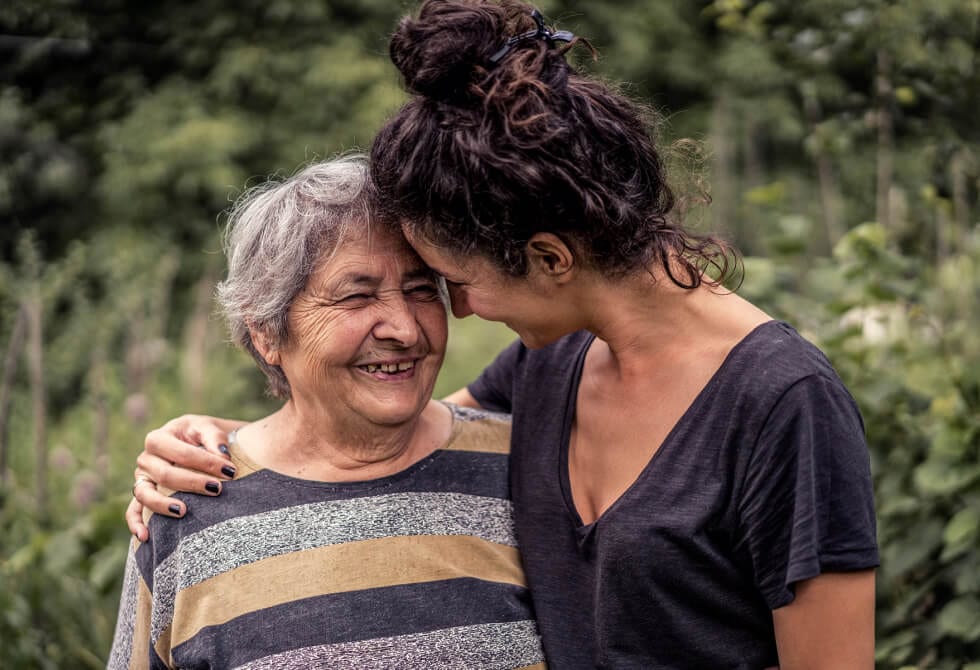Spotting Subtle Signs of Depression in Seniors
Clinical depression in seniors is common, affecting roughly 6 million Americans age 65 and older. But, only a fraction get the treatment they need. With the assistance of Krystal Wilkinson from AdultCare Assistance, we help you spot the subtle signs of depression that can often go unnoticed in seniors.
The likely reason that seniors are more prone to being overlooked for depression is that they often display depressive symptoms differently than younger people. In addition, depression in seniors is often confused with other illnesses. The medications used to treat them can often be a hit or miss, depending on the accurate diagnosis of depression.
Depression Can Increase Health Risks
According to the US National Library of Medicine, seniors who suffer from depression are more prone to cardiac diseases and death due to illness. In turn, depression also reduces a senior’s ability to recover from an illness fully.
Multiple studies of nursing home patients with physical illnesses have shown that the likelihood of death from illness increases substantially for seniors living with depression.
An increased risk of death from a heart attack has also been linked to depression. For that reason, it’s imperative to make sure that your senior loved one is frequently evaluated and treated, even if the depression is mild.
Signs of Depression in Seniors
Seniors may not exhibit the same signs of depression as their younger counterparts. Instead, they may:
- Be constantly tired
- Have trouble sleeping
- Feel confused
- Struggle to pay attention
- Not enjoy activities they used to
- Move more slowly
- Have a change in weight or appetite
- Feel hopeless, worthless, or guilty
- Endure aches and pains
- Have suicidal thoughts
By asking a series of questions, the older adult’s primary care doctor can check for depression. Doctors specializing in geriatric medicine often ask these questions during a chronic illness or a wellness visit.
Depression in seniors also has been connected with an increased risk of suicide. The suicide rate of people age 80 to 84 is more than double the general population’s rate. The National Institute of Mental Health considers depression in seniors to be a major public health problem.
Growing older often is accompanied by the loss of social support systems. Often this is due to the loss of a spouse, retirement, or relocation. Because of changes in circumstances and the fact that seniors are expected to slow down, the signs of depression are frequently missed. As a result, there is often a delay in treatment, forcing many seniors to struggle unnecessarily with depression.
Risk Factors for Depression in Seniors
Other factors raise the risk of depression in seniors:
- Being female
- Being single, divorced, or widowed
- Lack of a supportive social network
- Stressful life events
- Physical conditions like hypertension, stroke, diabetes, cancer, dementia and chronic pain further increase the risk of depression.
The following risk factors for depression are often seen in seniors:
- Taking certain medications or a combination of medicines
- Dependence on others
- Disability
- Family history of major depressive disorder
- Fear of dying
- Living alone, being socially isolated
- Past suicide attempt(s)
- The recent loss of a loved one
- Presence of chronic or severe pain
Treatments for Seniors with Depression
Fortunately, there are several treatments for seniors experiencing depression. They include medicine, psychotherapy, or counseling.
Antidepressants can sometimes take longer to start working in seniors, more so than in younger people. Since older adults are more sensitive to medicines, doctors often prescribe lower doses initially. Generally, the length of treatment for treating depression in seniors is longer than that of younger patients.
With proper treatment, most seniors will begin to feel better and act more like their old selves in a couple of weeks or even months, depending on the severity of the depression. It takes time to feel better, and some seniors may need more time than others. Be patient, and offer support as far as possible.
Krystal Wilkinson is a CSA and Owner of Adultcare Assistance, known for having the best trained and most prepared caregivers in Phoenix, Tucson, and Sun City. In addition to this, Krystal also serves as the President of the Arizona Chapter at Home Care Association of America. To read the original article by Adultcare Assistance, click here.
*Disclaimer: The information contained in this blog is designed to support, not replace, the relationship that exists between a patient/site visitor and his or her immediate family, physician, or other certified care providers.
Related Articles
Why Choose Us?
The senior referral industry is unregulated. Learn how Options for Senior Living has developed industry best practices.
Tips for Talking to Your Aging Parent About Long Term Care
Get some insights on how to approach THAT conversation with your parent or loved one. Read our latest blog for more.



